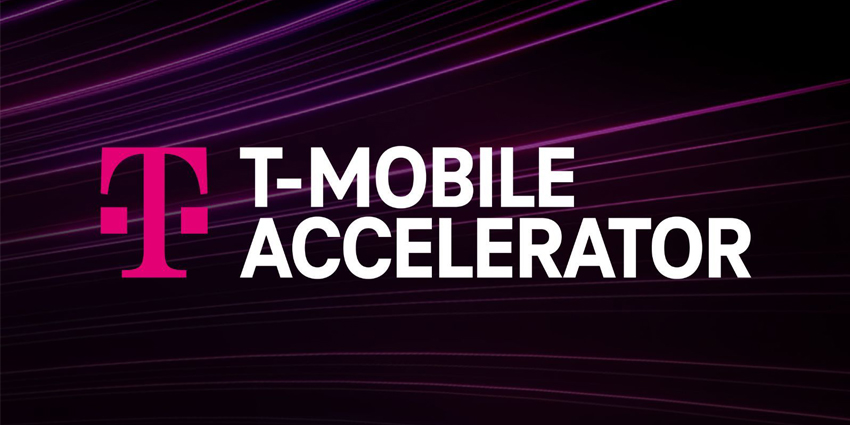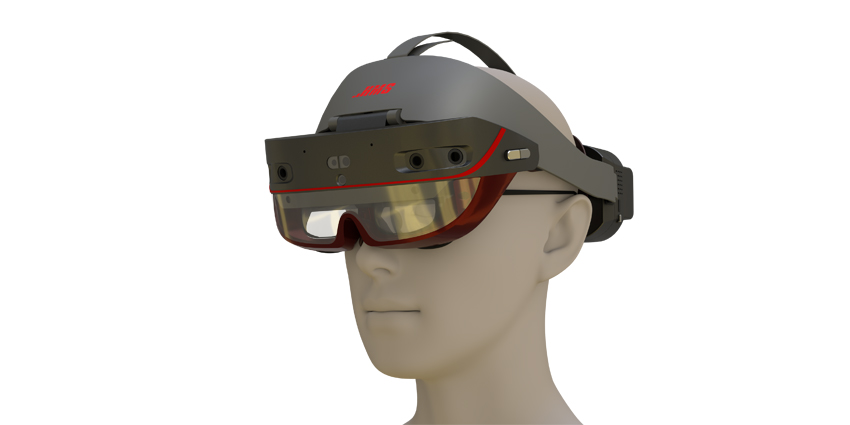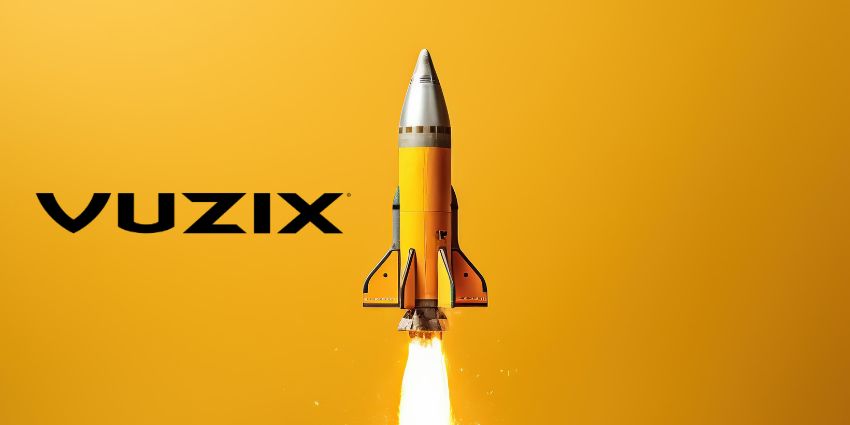Global telecommunications firm T-Mobile is moving forward with full force for its extended reality (XR) accelerator programme, which aims to match and support the modern demand for immersive talent, developers, and companies.
The firm collaborates with XR developers, startups, and entrepreneurs to provide funding and resources to design 5G-ready immersive applications. The programme leverages Qualcomm’s Snapdragon Spaces software development kit (SDK) for augmented reality (AR) smart glasses. Qualcomm’s AR SDK currently operates on Lenovo’s ThinkReality A3 smart glasses, the first to adopt the platform.
Steve Lukas announced a Motorola Razr thin margin discounted price for the Snapdragon Spaces developer kit (Motorola Edge+ and Lenovo ThinkReality A3) for $1999. He also used the line “Get in losers, we’re making a metaverse.” pic.twitter.com/5HuojzXTKn
— e- (@eminus) June 1, 2022
When T-Mobile kicked off its XR accelerator, the firm initially brought on eight companies Condense Reality, Everysight, Flow Immersive, Kai XR, Longan Vision Corp, Matsuko, Multicasting.io, and Prisms of Reality.
Moreover, in May, T-Mobile added another six international immersive technology firms to its programme, including Beem, Krikey, Mawari, Mohx-Games, Pluto, and VictoryXR.
John Saw, the EVP of Advanced & Emerging Technologies at T-Mobile, said that 5G-ready AR technology has the potential to transform gaming, education, training, and remote communications.
He also added,
“With the T-Mobile Accelerator, we are partnering with the brightest developers and entrepreneurs to drive the 5G ecosystem forward and bring revolutionary new 5G-powered applications to life”
Recently, T-Mobile donated roughly $5 million USD to the University of Washington to support emerging local engineering talent. The move enables T-Mobile to continue to 5G journey by upskilling the talent pool required for the emerging technology.
Neville Ray, the President of Technology, T-Mobile, concluded,
“We also anticipate that the new Interdisciplinary Engineering Building will offer more opportunities for T-Mobile to join with the university and students on leading-edge technologies that further advance the possibilities of 5G”
The XR accelerator aligns with the company’s goals of scaling 5G availability across the US. In a statement, T-Mobile explains that its 5G journey, which started in 2017, aims to produce the “broadest [5G] network in US history, ” enabling low-latency streaming of high-quality XR visualisations.
Fresh Participants
Late last month, T-Mobile secured an additional three XR firms to add to its growing list of accelerator participants, including:
Foundry Six, a Metaverse and AR games developer, is joining the T-Mobile and Qualcomm-led program. The Los Angeles-based firm designs social-AR experiences on Instagram, Facebook, and Snapchat, working with brands such as Sony, NFL, and Samsung.
Stops[dot]com, a Tel-Aviv-based technology firm specialising in localised AR visualisations. Stops[dot]com provides its clients with a digital infrastructure that enables real-world placement of AR and Metaverse digital assets. Stop’s ecosystem enables brands to place real-time 3D (RT3D) AR information, such as coupons and prices, that users can see using smart glasses or a smartphone.
Stops was chosen by T-Mobile Accelerator for 5G & Augmented Reality Glasses!
T-Mobile’s Announcement: https://t.co/xTj8TN6la2
Our blog article: https://t.co/VVDtVEvDmd #metaverse#geospatial#augmentedreality#mixedreality pic.twitter.com/l71i6YR0hO
— Stops (@stopscom) September 2, 2022
WeR, a New York-based firm developing AI-ready AR retail solutions to optimise the buyer’s journey and create new monetisation opportunities for high-street merchants.







